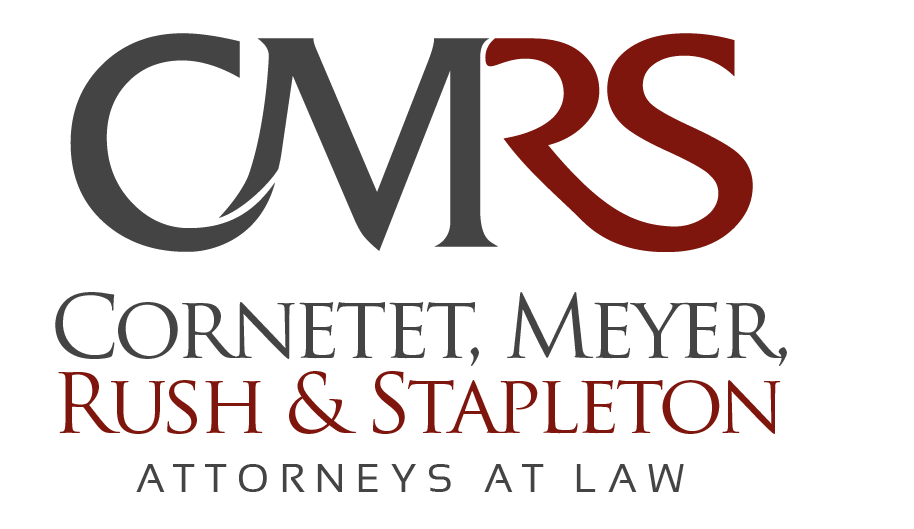Elliott Stapleton provides a summary of what to do if you have been appointed as a Financial Power of Attorney (also known as a Durable Power of Attorney). This summary is helpful for individuals who have been appointed as an agent or are curious about what is involved with the role.
A copy of this legal summary can be found here: Financial Power of Attorney Training (for this download to be useful, it is necessary to first watch this video).
When is a Power of Attorney effective?
A power of attorney is effective when signed unless the principal provides in the power of attorney that it becomes effective at a future date or upon the occurrence of a future event or contingency. An example of a future event would be upon incapacity or if adjudicated legally incompetent.
The principal, in the power of attorney, may also authorize a third party to determine when the power takes effect. It is best to review the document to confirm when it becomes effective.
Duties of a Power of Attorney
In Ohio, an agent that has accepted appointment as power of attorney is required to:
- Act in accordance with the principal’s reasonable expectations to the extent actually known by the agent and, otherwise, in the principal’s best interest;
- Act in good faith;
- Act only within the scope of authority granted in the power of attorney;
- Attempt to preserve the principal’s estate plan to the extent actually known by the agent if preserving the plan is consistent with the principal’s best interest based on all relevant factors.
On the preservation of the estate plan, the factors to consider are:
- The value and nature of the principal’s property;
- The principal’s foreseeable obligations and need for maintenance;
- Minimization of taxes, including income, estate, inheritance, generation-skipping transfer, and gift taxes; and
- Eligibility for a benefit, a program, or assistance under a statute or regulation.
Unless otherwise provided in the power of attorney, an agent that has accepted appointment shall:
- Act loyally for the principal’s benefit;
- Act so as not to create a conflict of interest that impairs the agent’s ability to act impartially in the principal’s best interest;
- Act with the care, competence, and diligence ordinarily exercised by agents in similar circumstances;
- Keep a record of all receipts, disbursements, and transactions made on behalf of the principal;
- Cooperate with a person that has authority to make health-care decisions for the principal to carry out the principal’s reasonable expectations to the extent actually known by the agent and, otherwise, act in the principal’s best interest.
If an agent acts in good faith, they will not liable to any beneficiary of the principal’s estate plan for failure to preserve the plan.
An agent that acts with care, competence, and diligence for the best interest of the principal is not liable solely because the agent also benefits from the act or has an individual or conflicting interest in relation to the property or affairs of the principal.
If an agent is selected by the principal because of special skills or expertise possessed by the agent or in reliance on the agent’s representation that the agent has special skills or expertise, the special skills or expertise must be considered in determining whether the agent has acted with care, competence, and diligence under the circumstances.
Unless there is a breach of duty to the principal, an agent is not liable if the value of the principal’s property declines.
An agent that exercises authority to delegate to another person the authority granted by the principal or that engages another person on behalf of the principal is not liable for an act, error of judgment, or default of that person if the agent exercises care, competence, and diligence in selecting and monitoring the person.
If requested by a court or requested by the principal, a guardian, a conservator, another fiduciary acting for the principal, a governmental agency having authority to protect the welfare of the principal, or, upon the death of the principal, by the personal representative or successor in interest of the principal’s estate, documents and receipts must be disclosed within 30 days of any request. If it is not possible to deliver within 30 days, the agent must provide, in writing or other record substantiating, the cause for additional time needed and shall comply with the request within an additional 30 days.
Citation: ORC 1337.34
Other Estate Planning, Trust, and Probate Topics:
- Estate Administration Checklists
- Estate Planning Summary: Will vs Trust and Avoiding Probate
- Opening Probate in Ohio
- Ohio Probate Claims and Statutes of Limitations Summary
- Does a Transfer on Death designation solve everything?
- Power of Attorney – Coagents
© Copyright Elliott Stapleton, LLC. All rights reserved.
